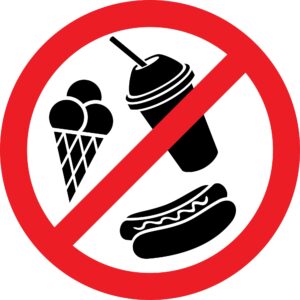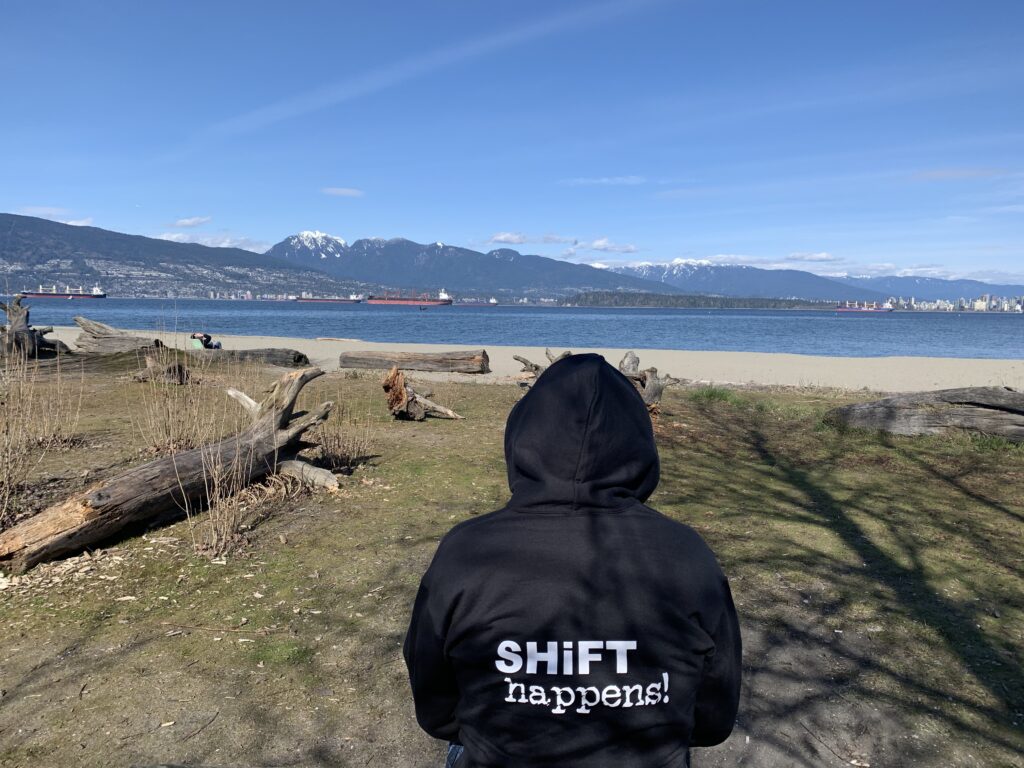
It’s Obsession-Free October! As we get ready for the holiday season, it’s important for us to keep doing things that keep our lives obsession free. During times of celebration, it’s easy for those who are food dependent to romanticize food they no longer eat.
We are raised in a world that encourages us to celebrate holidays by baking sugar-filled items with our family members. We are told that bringing homemade treats to holiday celebrations is a sign of love and caring. Even more, we are shown images of happy families gathered around tables filled with food.
DON’T FALL FOR THIS!!
Food cannot, will not, and has absolutely never provided true love and happiness. This is an illusion created by those who are working hard to keep us addicted to sugar- and flour-filled foods to make obscenely large profits.
When you find yourself starting to fall into this trap, think about your last binge. How much love was involved in that? Remember how awful you felt the next day after having filled your body with sugar-filled foods. Think about how difficult it was to move around in your body.
Are these the experiences you want to bring into your life?
While normal eaters may be able to overeat on holidays, it doesn’t work like that for those who are food dependent. How many other times have you tried to have just one? How did that work for you? Were you able to stop?
Of course, you couldn’t stop. It doesn’t work that way for those who are food dependent. Read that again: IT DOESN’T WORK THAT WAY FOR THOSE WHO ARE FOOD DEPENDENT.
The bottom line for Obsession-Free October, is that it’s important to keep doing those things that keep our lives free of food obsession. These include, staying connected to others who are also food dependent, asking for and finding the help you need to stay in recovery, and continuing to follow your food plan exactly as outlined.
Please join me this month in re-committing to living an obsession-free life!

 As Stay Strong September comes to a close, I’ve been thinking a lot about the ways we stay strong in recovery. While some are obvious – we follow our food plans no matter what, we ask for help when we need it, and we stay connected to others who are also food dependent – others are not. And some don’t even make sense until you think about them.
As Stay Strong September comes to a close, I’ve been thinking a lot about the ways we stay strong in recovery. While some are obvious – we follow our food plans no matter what, we ask for help when we need it, and we stay connected to others who are also food dependent – others are not. And some don’t even make sense until you think about them.
 One bite won’t hurt you.
One bite won’t hurt you. 
 There’s still time! We have a little over a week left in Active August. If you haven’t already done so, you can still get active this month. Not sure what to do?
There’s still time! We have a little over a week left in Active August. If you haven’t already done so, you can still get active this month. Not sure what to do?